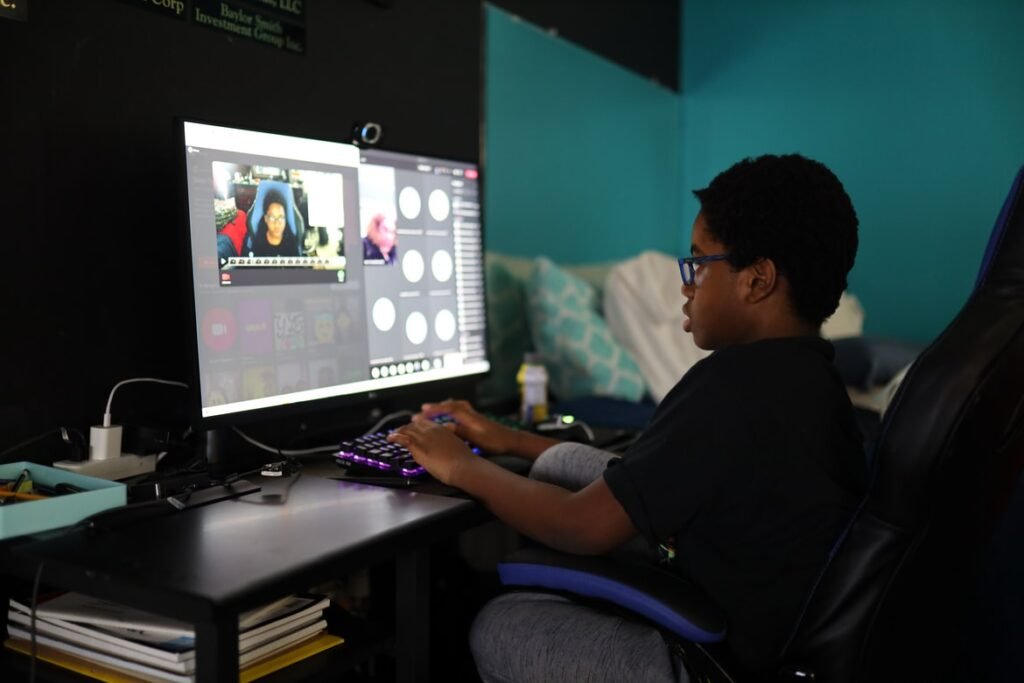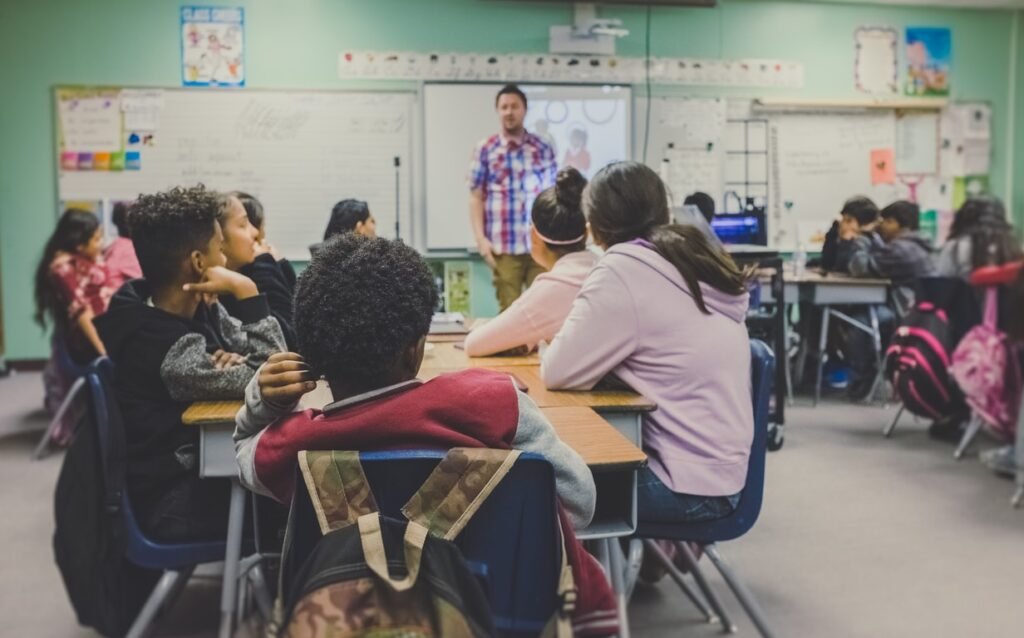The natural integration of technologies in classroom activities may enhance the learning experience. There are many services that technologies can provide. For example, academic materials or a paper writing help company to make learning smoother. Activities that involve technologies strengthen communication between students and teachers. They help to develop an engaging atmosphere and a friendly environment for studying. In this article, we will explore in-class activities that involve technologies applications.
Multimedia Presentations
Multimedia presentations are the most common way of the technologies application. Any subject can benefit from a multimedia presentation:
A slide-show about a famous historical figure A documentary dedicated to hard science. An example of foreign speech in multimedia.
Teachers and students alike may enjoy multimedia pieces during a class. Besides, the preparation of a presentation for a student may be a creative task. Implying simple montage techniques, they may self-express through presentations. Also, a piece of multimedia with an essential example of a discussed subject is more interesting than a simple lecture. Besides, presentations made by students may go beyond a simple slide show. Students can express themselves through video clips, audio logs, and any other relevant piece of multimedia. Creative self-realization via technologies is an integral part of modern education. It may ignite passion toward a certain subject early on.
Web-sources Reviewing
Often, teachers say that students can’t use Wikipedia due to the lack of credibility. Yet, what web pages are credible? How can a student find a piece of reliable information? A teacher can provide students with relevant digital sources. Students may learn how to find such information too. Learning how to search for credible academic sources is a vital tech skill. Knowing tools and places for search allows one to prepare one’s best for any academic task.
Classroom Calendar
A classroom calendar is an easy and convenient way to keep the students updated concerning the most recent information. Modern digital calendars can include all sorts of information. For example, studying materials, exams dates, notifications. A digital calendar for a classroom is a great contribution to communication between teachers and the class. Naturally, it requires efforts to keep it updated. At the same time, the payout is significant. Besides, a digital calendar may serve as a testing field for new technologies implementation. Due to extensive functionality, digital calendars may serve many purposes.
Digital Field Trips
Field trips expand one’s horizons like nothing else. However, a real-life field trip may be impossible for several reasons. A virtual field trip is a viable substitute. A teacher may choose any city, a natural landscape, or foreign country to show to the classroom. Sevices like Google Earth and similar may show detailed images of any place in the world. Biology, history, and geography classes can easily benefit from a digital field trip. Besides, it can become interactive, and students may choose places or objects on an interactive map. They can pass quizzes in such a format or answer with the help of an interactive environment.
Integration of Social Media
Students spend most of their free time on social networks. Digital representation of a classroom has a positive influence. It will create a more confidential communication atmosphere between students and teachers. A blog or a public group of a class can serve as a digital hub for all tech-related initiatives for the class. It can combine a calendar, copies of presentations, and collections of relevant academic sources. Most importantly, students can give direct feedback about the learning process. They may provide suggestions about its improvements.
Gamification of the Learning Process
Gamification is a popular tool in the educational sphere. Gamified learning process creates engagement and interest for students of any age. Acquiring knowledge as a part of a game may encourage students to find unorthodox solutions for different questions. Modern technologies elevate gamification to a new level. Teachers may suggest students take part in game-fiend science projects like Fold It. Besides, there are many educational games for primary school. Such games will show young students the basic principles of working with modern rigs. They may learn how to communicate with them efficiently. Some games use gamers’ data to research biology or astronomy. They can contribute to respective in-class lessons. Besides, gamification works as a reward for the successful completion of an academic program. A session in a multiplayer game may be a great motivation. If students complete their tasks with excellence, they may receive a gamified reward. Striving for concrete goals makes the learning process more relevant.
Digital School Newspaper
School newspaper is both a tradition and a necessity for a classroom. A digital newspaper is a great way to combine different aspects of the learning process. Students can create their creative pieces. They may share news and provide relevant academic information. At the same time, the format of a school newspaper will ensure that the digital space would not turn into an informal blog. Supervision by teachers will make a digital school newspaper a viable source of academic and off-class information.
Final Words
Technologies take a more and more significant place in our life. Their integration into our daily routine is ongoing. The educational process is no exception. Therefore, teachers need to plan an accurate incrementation of the modern technologies in the class activities. Gadgets and software may be used for educational purposes or as a reward for successful learning. They still will not substitute the real communication between teachers and students. Instead, they can enhance such communication and make it more confidential. A younger generation has a quicker way of understanding the technologies. Careful incorporation of such technologies will create a more friendly environment for students. They will have more control over their learning process. They will have their voice during the discussion of the further learning activities. Such an approach, in the end, will increase the quality of education.

